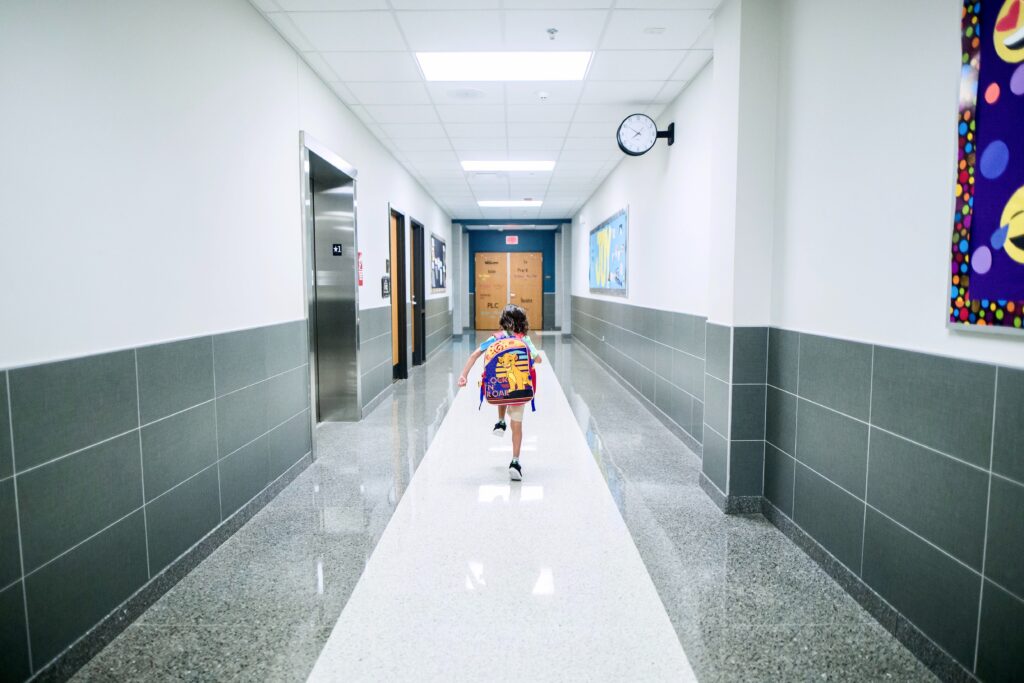 Building a successful school for young children requires a lot of hard work, dedication, and expertise. It is not just about providing a physical space for children to come and learn, but rather creating an environment that fosters growth and development in all areas of a child’s life. In this blog post, we will discuss some of the essential elements that are necessary for building a successful school for young children.
Building a successful school for young children requires a lot of hard work, dedication, and expertise. It is not just about providing a physical space for children to come and learn, but rather creating an environment that fosters growth and development in all areas of a child’s life. In this blog post, we will discuss some of the essential elements that are necessary for building a successful school for young children.
A Strong Educational Philosophy
The first and most crucial element of building a successful school for young children is having a strong educational philosophy. This philosophy should guide all aspects of the school, from the curriculum to the way the school is run. It should be based on research and evidence-based practices that are designed to promote children’s development in all areas. The philosophy should also be inclusive and recognize the individual needs of each child.
Qualified and Experienced Teachers
The second essential element of a successful school for young children is having qualified and experienced teachers. Teachers should have a deep understanding of child development and be knowledgeable about the curriculum and teaching methods. They should also be patient, compassionate, and have excellent communication skills to create a supportive learning environment for the children.
Safe and Stimulating Environment
The third essential element is having a safe and stimulating environment. Children learn best when they feel safe and secure, so you need to think about everything, right down to furniture placement. The school should be designed to promote a sense of safety and comfort, with ample space for physical activity and play. Companies like Civic Australia supply school furniture to help promote learning and nurture young minds. The environment should also be designed to stimulate children’s curiosity and promote exploration, creativity, and imagination.
Play-Based Curriculum
The fourth essential element is a play-based curriculum. Play is the natural way that young children learn, and a play-based curriculum provides children with opportunities to explore, experiment, and make sense of the world around them. It should be designed to promote the development of social-emotional, cognitive, and physical skills.
Parental Involvement
The fifth essential element is parental involvement. Parents are the first teachers of their children, and their involvement in their child’s education is essential. Schools should provide opportunities for parents to be involved in their child’s education and encourage open communication between parents and teachers.
Assessment and Evaluation
The sixth essential element is assessment and evaluation. Assessing children’s progress is essential to ensure they are meeting their developmental milestones and to identify areas where additional support may be needed. Schools should use a variety of assessment tools to evaluate children’s progress and use this information to modify the curriculum and teaching methods accordingly.
In conclusion, building a successful school for young children requires a combination of a strong educational philosophy, qualified and experienced teachers, a safe and stimulating environment, a play-based curriculum, parental involvement, and assessment and evaluation. By prioritizing these essential elements, schools can create an environment that fosters growth and development in all areas of a child’s life and prepares them for a lifetime of learning.
